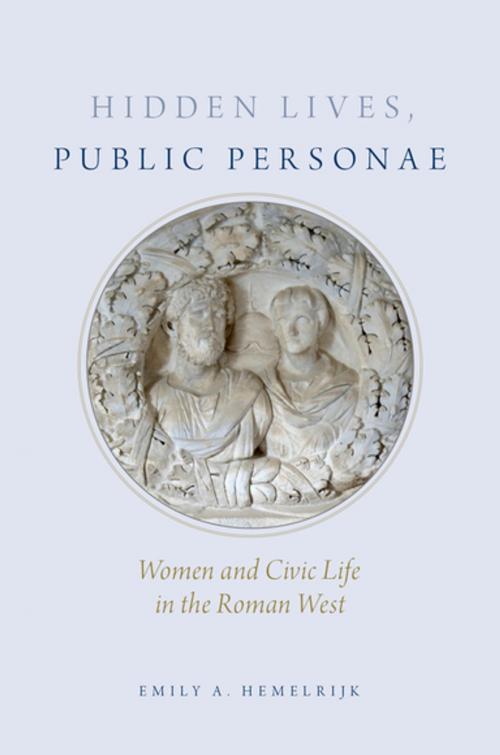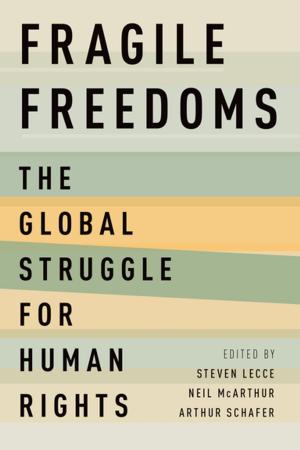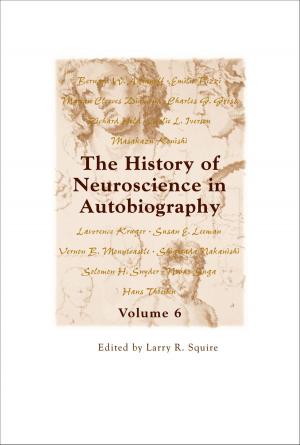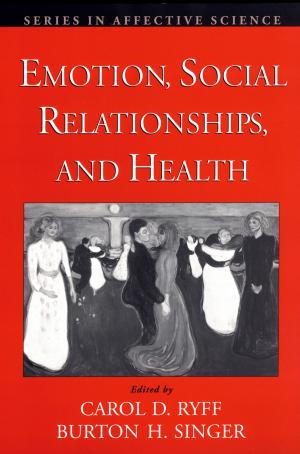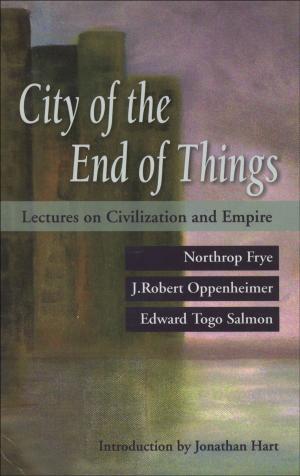Hidden Lives, Public Personae
Women and Civic Life in the Roman West
Nonfiction, History, Ancient History, Rome, Social & Cultural Studies, Social Science, Gender Studies, Women&| Author: | Emily Hemelrijk | ISBN: | 9780190463823 |
| Publisher: | Oxford University Press | Publication: | October 1, 2015 |
| Imprint: | Oxford University Press | Language: | English |
| Author: | Emily Hemelrijk |
| ISBN: | 9780190463823 |
| Publisher: | Oxford University Press |
| Publication: | October 1, 2015 |
| Imprint: | Oxford University Press |
| Language: | English |
Roman cities have rarely been studied from the perspective of women, and studies of Roman women mainly focus on the city of Rome. Studying the civic participation of women in the towns of Italy outside Rome and in the numerous cities of the Latin-speaking provinces of the Roman Empire, this books offers a new view on Roman women and urban society in the Roman Principate. Drawing on epigraphy and archaeology, and to a lesser extent on legal and literary texts, women's civic roles as priestesses, benefactresses and patronesses or 'mothers' of cities and associations (collegia and the Augustales) are brought to the fore. In contrast to the city of Rome, which was dominated by the imperial family, wealthy women in the local Italian and provincial towns had ample opportunity to leave their mark on the city. Their motives to spend their money, time and energy for the benefit of their cities and the rewards their contributions earned them take centre stage. Assessing the meaning and significance of their contributions for themselves and their families and for the cities that enjoyed them, the book presents a new and detailed view of the role of women and gender in Roman urban life.
Roman cities have rarely been studied from the perspective of women, and studies of Roman women mainly focus on the city of Rome. Studying the civic participation of women in the towns of Italy outside Rome and in the numerous cities of the Latin-speaking provinces of the Roman Empire, this books offers a new view on Roman women and urban society in the Roman Principate. Drawing on epigraphy and archaeology, and to a lesser extent on legal and literary texts, women's civic roles as priestesses, benefactresses and patronesses or 'mothers' of cities and associations (collegia and the Augustales) are brought to the fore. In contrast to the city of Rome, which was dominated by the imperial family, wealthy women in the local Italian and provincial towns had ample opportunity to leave their mark on the city. Their motives to spend their money, time and energy for the benefit of their cities and the rewards their contributions earned them take centre stage. Assessing the meaning and significance of their contributions for themselves and their families and for the cities that enjoyed them, the book presents a new and detailed view of the role of women and gender in Roman urban life.
